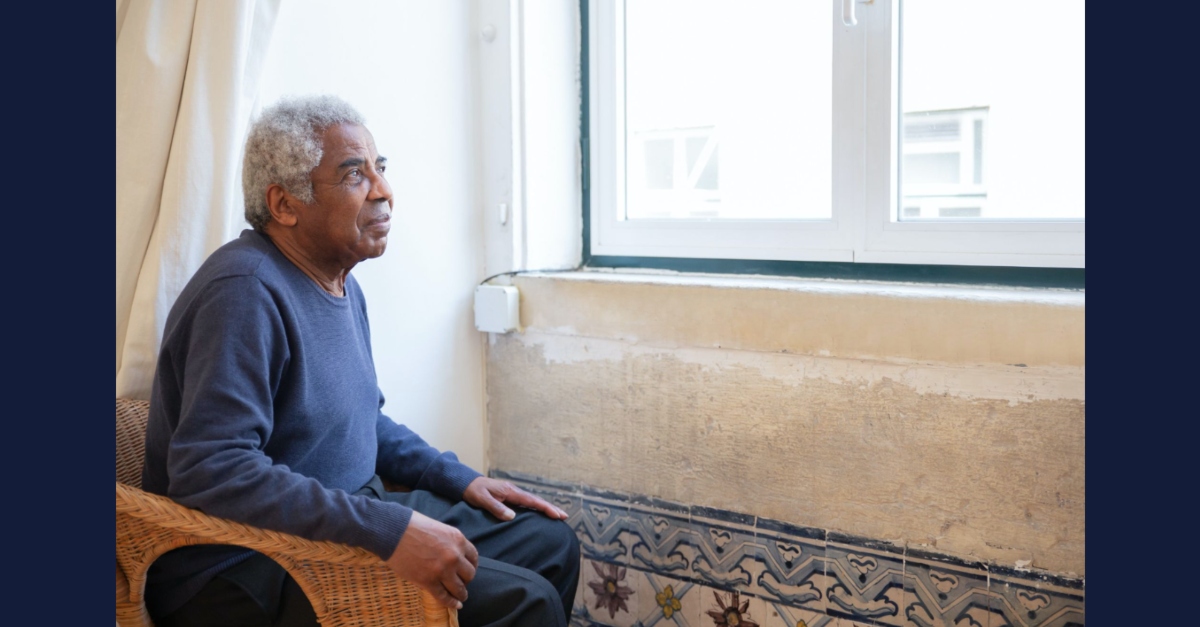
Sponsored content
The elderly deserve all the care they can get, which is why families that do not have the required resources to properly look after them put them in nursing homes. Aging can be a fun experience where the elderly are placed in a conducive environment and showered with the required love and care.
“Old age should be characterized with peace and laughter and every family owes that to their loved ones,” says Daniel Libbey. “Instead of love, many older people face abuse both at home and in nursing homes. If you have an older adult who has suffered abuse, you should contact an experienced attorney to advise how to handle it.”
What is Elder Abuse?
Elder abuse encompasses all forms of emotional, sexual, or physical harm taken against a more senior person by those responsible for taking care of seniors. It is estimated 5 million elders experience abuse annually. A study estimates that 1 out of every 10 elders has suffered one form of abuse or the other, with only 1 out of 24 of such cases reported to the authorities.
One thing that comes with aging is frailty and the inability to fend for oneself, leading to dependence on others. Many elders suffer from physical and mental illnesses, which require more patience from their caregivers to take care of them adequately. Abuse takes place where the elderly do not receive care as they should, or their incapabilities are used as a tool to exploit them.
Elder abuse can occur in their homes where their primary caregivers can be their immediate families, such as sons, daughters, grandchildren, and other relatives. However, abuse is not only experienced by elders who live in their homes.
Elders who live in nursing homes also experience abuse at the hands of their caregivers. Most of this abuse is covered by the authorities in charge of these institutions.
Types of Elder Abuse
Elder abuse occurs in different ways. Knowing the different types of abuse will help you to identify them, and they include:
#1. Physical Abuse
Physical abuse occurs when an elder is intentionally subjected to any form of treatment that causes bodily harm or impairment. Physical abuse can be in the form of beating, confinement, or inappropriate use of medication that inflicts physical discomfort on an older adult.
#2. Sexual Abuse
Some elders go through sexual abuse at the hands of their caregivers. Any form of non-consensual sexual contact with an elder is considered abuse.
Also, sexual contact qualifies as abuse where the elder is mentally incapable of giving consent. Additionally, exposing elders to pornography, forcing them against their will to undress or watch sexual acts, is a clear case of sexual abuse.
#3. Emotional Abuse
Many elders face emotional abuse through the type of treatment they receive from their caregivers. Treatments that constitute abuse include humiliation, yelling, ridicule, threats, and habitually dishing out blame at every slightest provocation.
#4. Financial Abuse
Financial abuse includes unauthorized use of an elder’s finance or misleading them to give authorization, all in the bid to exploit them. A caregiver can misuse the elder’s credit card, steal their cash, forge their signatures and make away with their income checks. Elders are also very vulnerable and have been victims of many charity scams in the United States.
#5. Abuse by Healthcare Providers
Some elders suffer abuse at the hands of unscrupulous healthcare providers who may charge them for services that they did not render or surcharge them through Medicaid fraud. Some healthcare providers give either too much or too little medication or recommend unnecessary treatments to the elderly, all in a bid to make money from them.
Signs that an Elder is Going through Abuse
It may be difficult to spot an abused elder in many cases because most of the telltale signs are ruled out as effects of aging. However, these are signs of elder abuse to watch out for:
- The older adult flinches when they are touched
- The caregiver uses harsh words and threats around the elderly person
- The older adult has unexplained injuries
- There is evidence of missing money, unexplained cash withdrawals, missing documents, and other valuables
- The older adult looks unkempt and uncared for
The primary caregivers perpetrate most elder abuse. Therefore, family members need to watch out closely for these signs and keep an eye on those providing care to the elderly.
Signs of an Abusive Caregiver
While family members can recognize the signs that their older adult is going through abuse, most times, it is best to prevent them from happening in the first place. The damages that abuse can cause the elderly may take a while to repair. However, being able to spot caregivers who may be abusive can help to protect the older adult from harm.
Here are the signs of an abusive caregiver:
- Always trying to explain away injuries. Most times, these explanations are contradictory
- Not showing any form of affection towards the elderly
- Use of harsh words around the older adult
- Flirting around the elder
- Preventing the older adult from receiving visitors alone
- Speaking to or treating the older adult as a burden
- Having records of abuse, violence, and mental illness previously
Bottom Line
The elderly have the right to adequate care, safety, and dignity, and caregivers should strive to provide that. Suppose you have reasons to believe that an older adult is experiencing abuse at the hands of their caregivers. In that case, it is ideal you report to the police so that they can take necessary action.
Additionally, if you have family members living in institutions for older people, you should also be on the lookout for these signs and report to the appropriate authorities. These elders often find it challenging to open up for fear of being further maltreated. Therefore, you may need to exercise patience and constantly reassure them before they can open up to you.
[Image via Pexels]